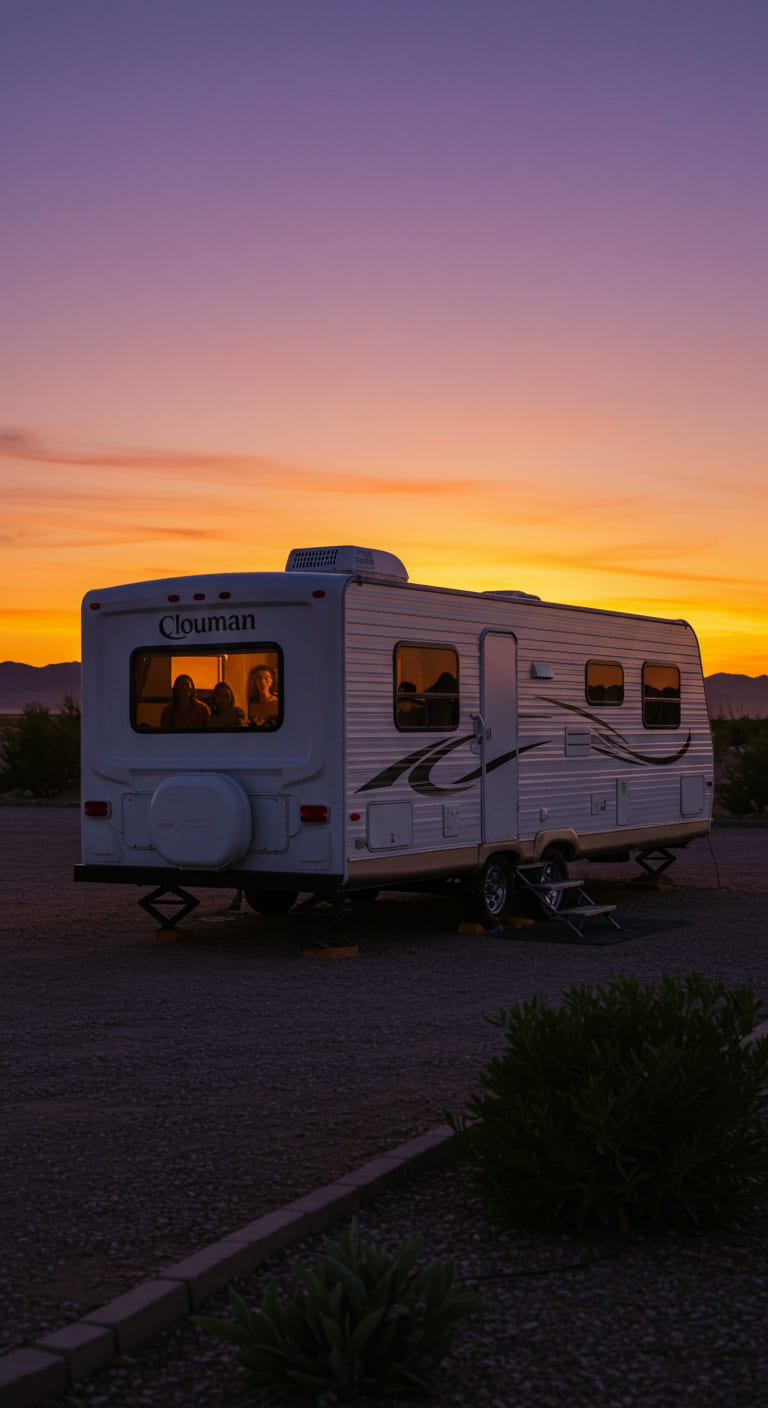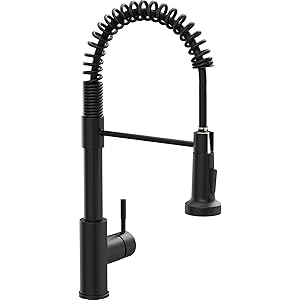As a curious homeowner and someone passionate about housing options, I often find myself exploring various types of homes. One topic that frequently arises in my discussions is the difference between mobile homes and manufactured homes. Despite the common misconceptions many people have, these two types of homes have distinct characteristics that can make a significant difference in your living experience. In this article, I invite you to join me on a journey to uncover these differences, explore the benefits and drawbacks of each, and perhaps, share your thoughts at the end.
The Basics: Understanding Mobile Homes and Manufactured Homes
Before diving deep into the specifics, let’s clarify what mobile homes and manufactured homes are. The terms are often used interchangeably, but there are essential distinctions that set them apart.
What is a Mobile Home?
Mobile homes refer to factory-built homes that were constructed before June 15, 1976. These homes were built under a different set of regulations and standards, which were less stringent than those that govern manufactured homes today. I remember hearing stories from friends and family about mobile homes and how they were once viewed as affordable housing options, often located in trailer parks.
What is a Manufactured Home?
On the other hand, manufactured homes are those built after the implementation of the HUD (Department of Housing and Urban Development) code in 1976. The HUD code established rigorous standards for the construction, design, and safety of these homes. I find it fascinating that this regulatory framework has significantly improved the quality and safety of manufactured homes over the years.
Key Differences Between Mobile Homes and Manufactured Homes
Now that we have a foundational understanding of both mobile and manufactured homes, let’s explore the key differences between them:
- Construction Standards: Mobile homes were built before 1976 and do not meet current safety codes, while manufactured homes adhere to the strict HUD guidelines.
- Building Materials: Manufactured homes often use higher-quality materials, which can lead to better longevity and durability compared to older mobile homes.
- Financing Options: Manufactured homes generally have better financing options available due to their adherence to modern standards, whereas mobile homes might face challenges in securing loans.
- Appreciation vs. Depreciation: Manufactured homes have the potential to appreciate in value, similar to traditional homes, while mobile homes often depreciate over time.
- Insurance: Insurance options for manufactured homes are usually more comprehensive and affordable compared to mobile homes.
The Pros and Cons of Mobile Homes
Understanding the pros and cons of mobile homes is crucial before making any decisions. Here’s what I’ve learned:
Pros of Mobile Homes
- Affordability: Mobile homes are generally less expensive than traditional homes, making them an attractive option for first-time buyers.
- Quick Setup: Mobile homes can be set up quickly, allowing owners to move in sooner than with conventional housing.
- Flexibility: They can be relocated more easily than traditional homes, providing an option for those who may want to move in the future.
Cons of Mobile Homes
- Depreciation: Mobile homes often lose value over time, which can be a significant drawback for long-term investment.
- Limited Financing: Securing loans for mobile homes can be challenging, affecting the buying process.
- Quality Concerns: Older mobile homes may not meet modern safety standards, posing potential risks.
The Pros and Cons of Manufactured Homes
Now, let’s delve into the pros and cons of manufactured homes, which have become increasingly popular over the years:
Pros of Manufactured Homes
- Quality and Safety: Built to HUD standards, manufactured homes offer improved safety and quality compared to their mobile counterparts.
- Appreciation Potential: Many manufactured homes appreciate in value over time, making them a worthwhile investment.
- Variety of Designs: Manufactured homes come in various styles and sizes, allowing buyers to choose what best fits their needs.
Cons of Manufactured Homes
- Higher Initial Cost: Although still more affordable than traditional homes, manufactured homes may have a higher upfront cost than mobile homes.
- Land Ownership: Often, manufactured home buyers may need to purchase or rent land in addition to the home itself, which can increase overall expenses.
- Zoning Restrictions: Some areas have zoning laws that may restrict where manufactured homes can be placed.
Real-World Examples: Making the Right Choice
To provide a clearer picture, let’s look at a couple of case studies that highlight the choices between mobile and manufactured homes.
Case Study 1: The Johnson Family
The Johnsons were a young couple looking to buy their first home. After researching their options, they decided on a mobile home due to its affordability. However, they soon realized that the home required significant repairs and did not hold its value as they had hoped. Within a few years, they found themselves in a difficult financial situation as the home depreciated.
Case Study 2: The Smith Family
The Smiths, on the other hand, opted for a manufactured home. They were impressed by the quality and safety features, and they secured a favorable mortgage rate due to the home’s compliance with HUD standards. As they settled into their new community, they discovered that their investment was appreciating, giving them confidence in their decision.
Financing Your Home: What You Need to Know
Finance is a crucial aspect of home buying, and understanding the differences in financing options for mobile and manufactured homes is essential. Here’s what I learned:
Financing for Mobile Homes
- Many lenders consider mobile homes personal property rather than real estate, which can limit financing options.
- Buyers may need to rely on personal loans or chattel loans, which often come with higher interest rates.
- Down payment requirements can vary significantly, making budgeting essential.
Financing for Manufactured Homes
- Manufactured homes can be financed as real estate, which opens up more options for traditional mortgages.
- FHA loans and VA loans are often available for manufactured homes, making them accessible to a broader range of buyers.
- Interest rates are typically lower, and down payment requirements can be more favorable.
Insurance Considerations: Protecting Your Investment
Insurance is an often-overlooked aspect of homeownership. Here’s what I discovered about insuring mobile and manufactured homes:
Insurance for Mobile Homes
- Insurance options may be limited, and coverage can be more expensive due to perceived risks associated with older homes.
- Homeowners should carefully review policy details to ensure adequate coverage, especially against natural disasters.
Insurance for Manufactured Homes
- Manufactured homes typically have more extensive insurance options, covering various risks at competitive rates.
- Many insurers offer specialized manufactured home policies, ensuring that homeowners have the protection they need.
Regulations and Zoning: What You Should Know
Understanding the regulations and zoning laws in your area is vital when considering mobile or manufactured homes. Here are some key points:
Regulations for Mobile Homes
- Mobile homes may be subject to stricter zoning regulations, especially in urban areas where land use is heavily regulated.
- Owners should check local laws to ensure that their mobile home complies with building codes and zoning regulations.
Regulations for Manufactured Homes
- Manufactured homes are generally more accepted in various communities and may face fewer zoning restrictions.
- It’s recommended to inquire about local building codes to ensure compliance before purchase.
Final Thoughts: Which Home is Right for You?
As I reflect on my research, it’s clear that both mobile homes and manufactured homes have their unique advantages and disadvantages. The decision ultimately depends on your personal circumstances, financial situation, and long-term goals. Here’s a quick recap:
- Mobile homes are often more affordable but may come with risks like depreciation and limited financing options.
- Manufactured homes offer better quality, safety, and appreciation potential, with more financing opportunities available.
As you consider your options, I encourage you to weigh these factors carefully. It’s essential to think long-term and evaluate what type of home will best suit your needs and lifestyle.
Frequently Asked Questions (FAQ)
1. Are mobile homes and manufactured homes the same?
No, mobile homes refer to homes built before June 15, 1976, while manufactured homes are built after that date and comply with HUD standards.
2. Can I finance a mobile home?
Yes, but financing options may be limited, and rates can be higher. Chattel loans and personal loans are common routes.
3. Do manufactured homes appreciate in value?
Yes, manufactured homes can appreciate in value, especially if they are well-maintained and located in desirable areas.
4. What are the insurance options for mobile and manufactured homes?
Mobile homes may have limited insurance options, while manufactured homes typically have more comprehensive coverage available.
Join the Conversation!
I hope this article has shed light on the differences between mobile and manufactured homes. I’d love to hear your thoughts and experiences! Have you lived in either type of home? What was your experience like? Please feel free to share your story in the comments below.
Also, don’t forget to sign up for our newsletter for more insights and updates on housing trends. Share this article with friends and family who may find it helpful, and let’s keep the conversation going on social media!
Thank you for reading, and I look forward to hearing from you!
GIMILI Black Kitchen Faucet with Pull Down Sprayer Single Hole Spring Kitchen Sink Faucet, Suitable for Farmhouses, RV, Utility Laundry Room, Outdoor, and Campers. Llave para fregadero de cocina
$37.59 (as of November 13, 2025 07:53 GMT -03:00 - More infoProduct prices and availability are accurate as of the date/time indicated and are subject to change. Any price and availability information displayed on [relevant Amazon Site(s), as applicable] at the time of purchase will apply to the purchase of this product.)
Sign up for our newsletter and stay up to date with exclusive news
that can transform your routine!





